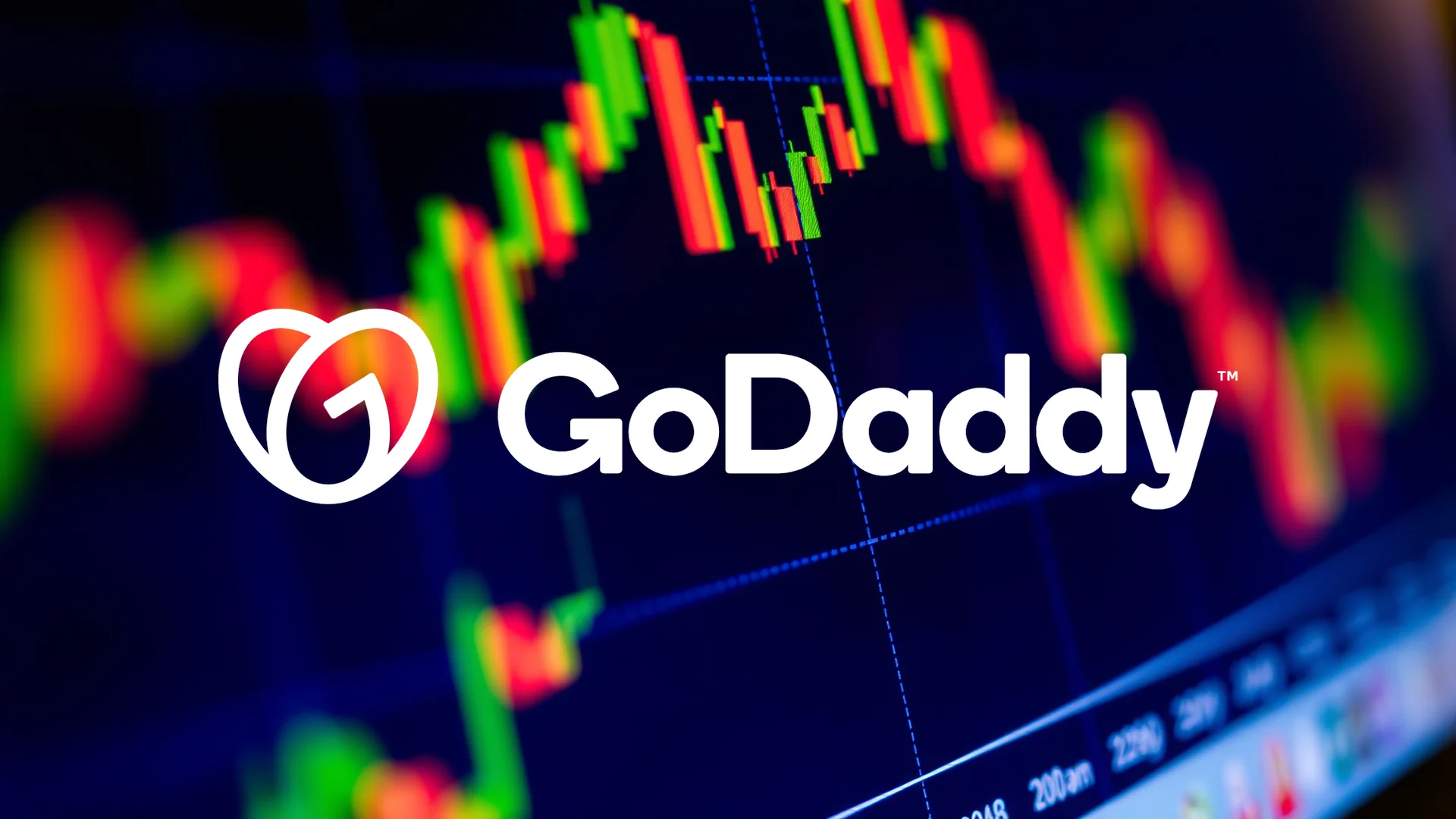Eli Lilly shares are navigating turbulent waters as competitive pressures intensify in the lucrative weight-loss pharmaceutical sector. Despite recently achieving a new 52-week high, the company faces significant market challenges that test its strategic positioning.
Political Agreements and Partnership Expansion
Beyond immediate market competition, broader forces are shaping Eli Lilly’s future prospects. A recently finalized arrangement with the Trump administration could substantially alter market dynamics in the United States. The agreement facilitates Medicare coverage for weight-loss medications in exchange for pricing concessions, potentially expanding patient access significantly.
Concurrently, the pharmaceutical giant is advancing its collaboration strategy through a partnership with South Korean biotech firm ABL Bio. Valued at up to $2.56 billion, this alliance focuses on developing innovative antibody therapies, demonstrating Eli Lilly’s commitment to sourcing external innovation alongside its internal research capabilities.
Oncology Division Offers Strategic Balance
The timing of European regulatory developments provides a counterbalance to market pressures. The European Medicines Agency’s recommendation to approve Inluriyo, Eli Lilly’s new breast cancer treatment, underscores the company’s strategic diversification beyond the competitive diabetes and weight-loss segments.
Should investors sell immediately? Or is it worth buying Eli Lilly?
This expansion into oncology represents a deliberate effort to establish sustainable growth channels independent of the GLP-1 drug category. The successful regulatory milestone highlights how the company’s multi-faceted pipeline may provide stability amid sector-specific volatility.
Mounting Pressure in Weight-Loss Pharmaceuticals
The GLP-1 market experienced significant disruption this week as competitor Novo Nordisk implemented price reductions for its popular weight-management medications. Market observers interpreted this move as potentially initiating broader pricing competition within the sector.
Investor response was immediate, with Eli Lilly’s equity declining approximately one percent despite its recent peak performance. Further competitive concerns emerged as Pfizer strengthened its position through the acquisition of Metsera, gaining several weight-loss drug candidates and establishing itself as a formidable market participant.
The fundamental question remains whether Eli Lilly’s diversified approach can withstand the gathering storm in its weight-loss pharmaceutical business. Following its recent rally, the company’s stock now faces a critical test of its resilience and strategic direction.
Ad
Eli Lilly Stock: Buy or Sell?! New Eli Lilly Analysis from February 7 delivers the answer:
The latest Eli Lilly figures speak for themselves: Urgent action needed for Eli Lilly investors. Is it worth buying or should you sell? Find out what to do now in the current free analysis from February 7.
Eli Lilly: Buy or sell? Read more here...













